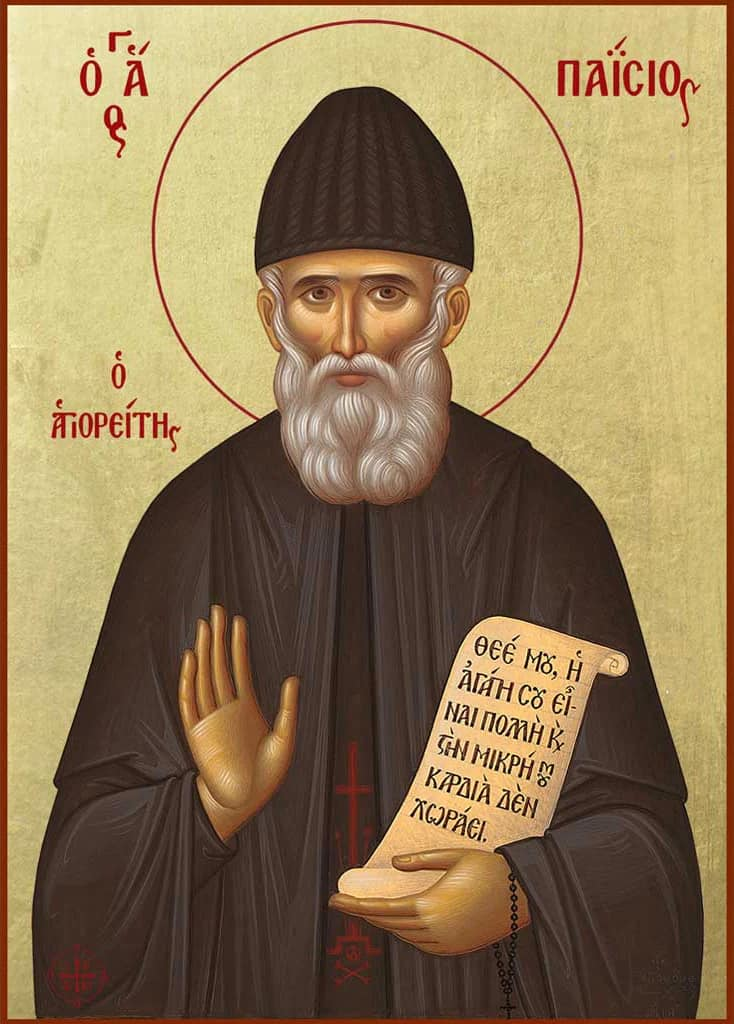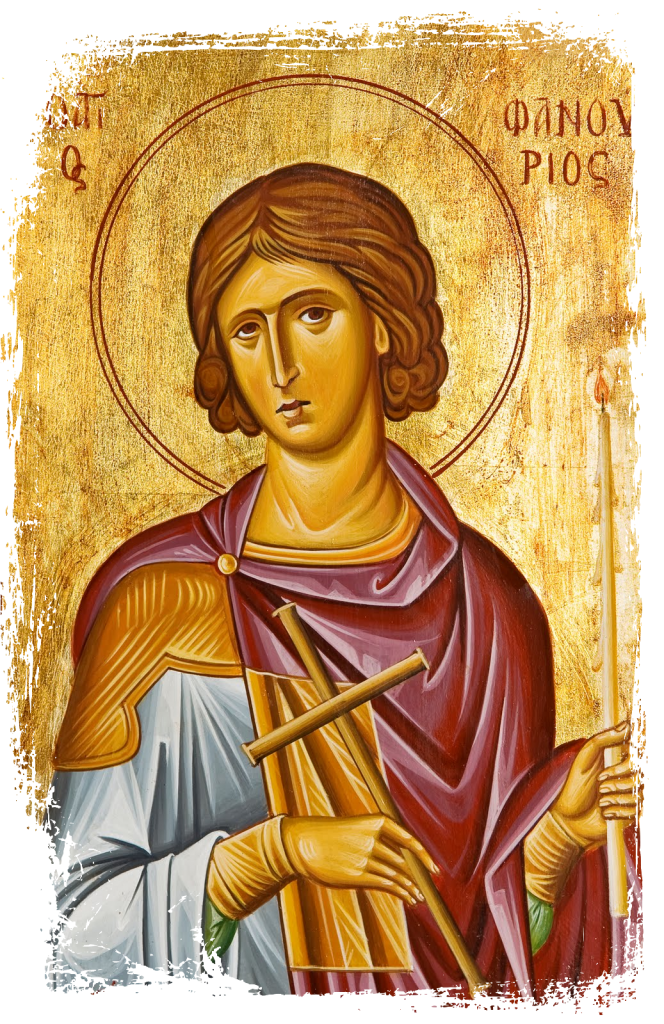“Quick,’ she said. ‘There is still time. Stop it. Stop it at once.’
‘Stop what?’
‘Using pity, other people’s pity, in the wrong way. We have all done it a bit on earth, you know. Pity was meant to be a spur that drives joy to help misery. But it can be used the wrong way round. It can be used for a kind of blackmailing. Those who choose misery can hold joy up to ransom, by pity. You see, I know now. Even as a child you did it. Instead of saying you were sorry, you went and sulked in the attic…because you knew that sooner or later one of your sisters would say, “I can’t bear to think of him sitting up there alone, crying.” You used their pity to blackmail them, and they gave in in the end. And afterwards, when we were married…oh, it doesn’t matter, if only you will stop it.’
“And that,’ said the Tragedian, ‘that is all you have understood of me, after all these years.’ I don’t know what had become of the Dwarf Ghost by now. Perhaps it was climbing up the chain like an insect: perhaps it was somehow absorbed into the chain.
‘No, Frank, not here,’ said the Lady. ‘Listen to reason. Did you think joy was created to live always under that threat? Always defenceless against those who would rather be miserable than have their self-will crossed? For it was real misery. I know that now. You made yourself really wretched. That you can still do. But you can no longer communicate your wretchedness. Everything becomes more and more itself. Here is joy that cannot be shaken. Our light can swallow up your darkness: but your darkness cannot now infect our light. No, no, no. Come to us. We will not go to you. Can you really have thought that love and joy would always be at the mercy of frowns and sighs? Did you not know they were stronger than their opposites?’
“Love? How dare you use that sacred word?’ said the Tragedian. At the same moment he gathered up the chain which had now for some time been swinging uselessly at his side, and somehow disposed of it. I am not quite sure, but I think he swallowed it. Then for the first time it became clear that the Lady saw and addressed him only.
‘Where is Frank?’ she said. ‘And who are you, Sir? I never knew you. Perhaps you had better leave me. Or stay, if you prefer. If it would help you and if it were possible I would go down with you into Hell: but you cannot bring Hell into me.’
‘You do not love me,’ said the Tragedian in a thin bat-like voice: and he was now very difficult to see.
‘I cannot love a lie,’ said the Lady. ‘I cannot love the thing which is not. I am in Love, and out of it I will not go.”
Excerpt From: C. S. Lewis. “The Great Divorce.” HarperCollins, 1946. iBooks.
This material may be protected by copyright.
Like this:
Like Loading...







